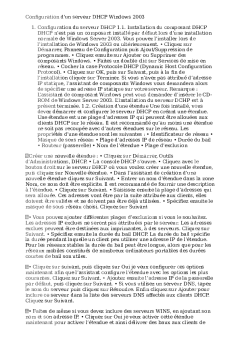Assessment guide sl Supporting Learning ?? Assessment Guide CHCECE Support behaviour of children and young people CHCECE Use an approved learning framework CHCECE Support the holistic development of children in early childhood CHCECE Provide experiences t
Supporting Learning ?? Assessment Guide CHCECE Support behaviour of children and young people CHCECE Use an approved learning framework CHCECE Support the holistic development of children in early childhood CHCECE Provide experiences to support children ? s play and Learning CHCECE Use information about children to inform practice CCommunities Work Centre of Professional Learning and Education CPLE is a leading Registered Training Organisation in the education and care sector Our courses empower you to reach new heights in your career setting you up for professional excellence Communities Work is a not-for-pro ?t company limited by guarantee governed by a volunteer Board of Directors We have a paid workforce in excess of sta ? engage self-employed family day care educators and harness the passionate commitment of around volunteers Communities Work provides a broad suite of quality community programs of social value and practical bene ?t Established and developed in Canberra we are a local organisation that understands local needs Our innovative and progressive culture seeks to respond to changing community needs in a thoughtful and constructive manner Supporting Learning CHCECE Support Behaviour of children and young people CHCECE Use an approved learning framework CHCECE Support the holistic development of children in early childhood CHCECE Provide experiences to support children ? s play and learning CHCECE Use information about children to inform practice Assessment Guide version Centre of Professional Learning and Education rto PO BOX Tuggeranong ACT Ph Email rto commsatwork org Web www commsatwork org Supporting Learning Assessment Guide version CThe Planning Cycle The EYLF p de ?nes ? assessment for children ? s learning ? as ? the process of gathering and analysing information as evidence about what children know can do and understand It is part of an ongoing cycle that includes planning documenting and evaluating children ? s learning ? The EYLF explains that assessment is ? ? important because it enables educators in partnership with families children and other professionals to plan e ?ectively for children ? s current and future learning communicate about children ? s progress clarify what might be hindering children ? s progress identify children needing additional support evaluate the e ?ectiveness of learning programs and approaches re ect on pedagogy that will suit the context and the children ? The ?ve Learning Outcomes in the EYLF ? ? provide educators with key reference points against which children ? s progress can be identi ?ed documented and communicated ? ? to families and others in the professional community The primary purpose of assessment therefore is to support children ? s learning Children can only learn what they are enabled to learn so we need to look closely at the experiences and interactions that educators provide as well as what children know understand and can do As the EYLF p points out ? all children demonstrate their learning in di ?erent ways ? So assessment methods strategies and tools should enable children of all cultural and language backgrounds and with the range of physical
Documents similaires










-
53
-
0
-
0
Licence et utilisation
Gratuit pour un usage personnel Aucune attribution requise- Détails
- Publié le Jan 29, 2022
- Catégorie Heavy Engineering/...
- Langue French
- Taille du fichier 43.8kB


